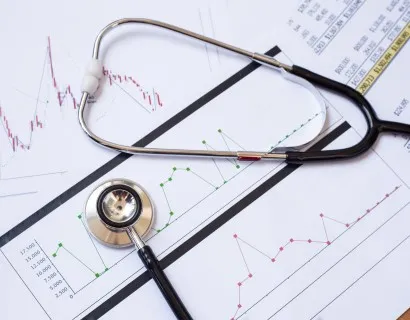
Over $1b worth of MediSave top-ups and GST vouchers await 1.7 million Singaporeans
The benefits will be received from July to November.
Over $1b worth of 2019 MediSave top-ups and GST vouchers (GSTV) will benefit 1.7 million Singaporeans between July and November, the Ministry of Finance (MOF) revealed.
Eligible Singaporeans will receive text messages or letters to inform them of the benefits they will be receiving.
In July, a Merdeka Generation (MG) senior aged 65 in 2019 living in a Housing and Development Board (HDB) flat will receive $450 in MediSave top-ups whilst Pioneer generation Singaporeans aged 85 in 2019 living in an HDB flat will receive $1,250 in MediSave top-ups.
Meanwhile, in August, about 1.4 million Singaporeans will receive GSTV worth up to $300 each in cash through their bank accounts. In total, the GSTV cash payout will cost about $410m.
The ministry added that about 520,000 Singaporeans aged 65 years and above in 2019 will receive up to $450 in GSTV – MediSave in August 2019. The top-ups will amount to about $152m.
“In addition, Singaporeans who were born on or before 31 December 1969 (50 years and above in 2019) and do not receive PG or MG benefits will each receive a MediSave top-up of $100 annually from 2019 to 2023, to be credited into their MediSave accounts in August 2019. This is the 5-year MediSave top-up scheme that was announced in Budget 2019,” MOF explained, noting that the $57m top-up will benefit about 570,000 citizens.
It was during the Budget 2019 when the government unveiled the GSTV – Cash (Bicentennial Payment) which provides an additional cash payment of up to $300 to the 1.4 million GSTV – Cash recipients.
The GSTV is a permanent scheme introduced in 2012 to help lower and middle-income Singaporeans offset some of their GST expenses.
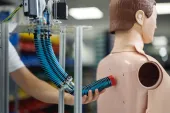
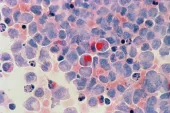
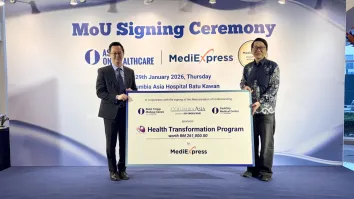
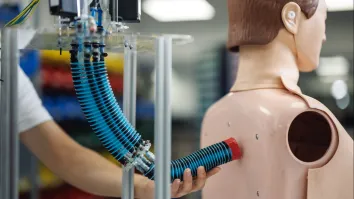
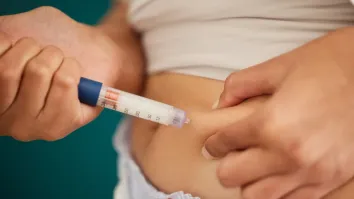
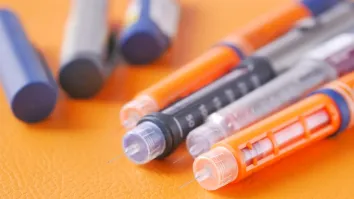













 Advertise
Advertise





